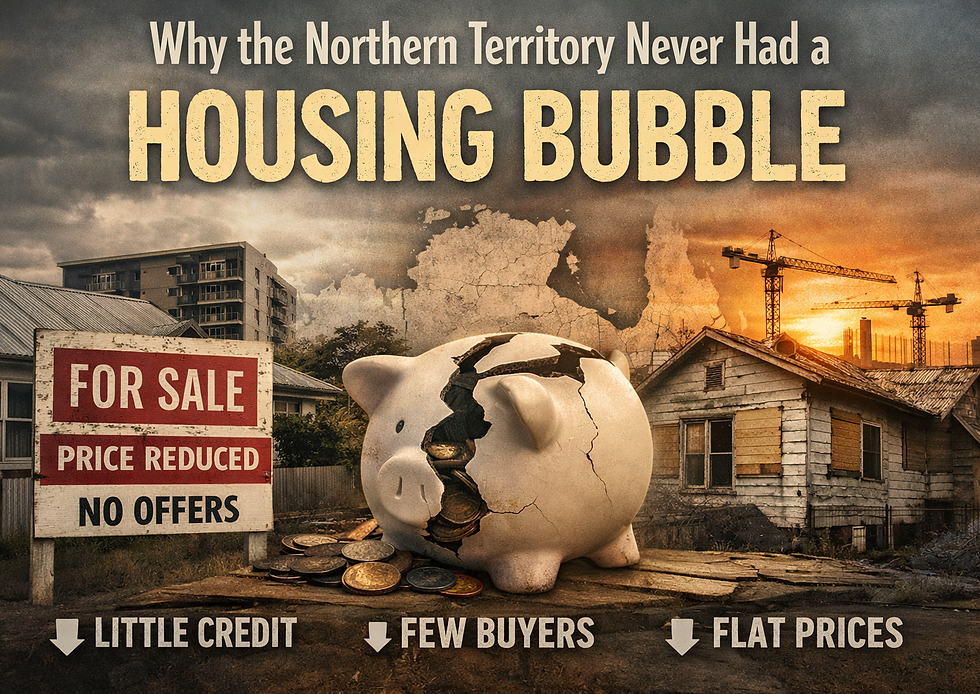The implications of praxeology for the study of economic history.
- Sam Wilks

- Sep 19, 2023
- 3 min read

Praxeology, the study of human action and its logical implications, can profoundly influence the way we approach and understand economic history. We can explore the implications of praxeology for interpreting the economic events, policies, and shifts that have shaped our past, this allows us to understand possible effects in the future.
Purposeful Human Action as the Core of Economic History:
All economic phenomena arise from individual, purposeful actions. In the study of economic history, this implies that historical events, from the rise and fall of empires to economic booms and depressions, can be traced back to the decisions of individuals operating under particular sets of incentives.
Historical Context and Subjective Valuations:
Information is decentralized, and individual knowledge and values play a crucial role in economic decisions. In interpreting economic history, this means recognizing the unique circumstances, knowledge, and preferences of people in different times and places. One cannot merely apply modern perspectives or values to judge past economic decisions without understanding their contemporary context.
Cultural and Societal Factors in Economic Progress:
Cultural factors, often overlooked in traditional economic histories, play a pivotal role in economic outcomes. The trajectory of a society's economic progress cannot be fully grasped without acknowledging its cultural and societal framework.
Consequences of Economic Interventions:
I have consistently written about the difference between intentions and outcomes. In the realm of economic history, this cautions against judging policies purely based on their stated aims, emphasizing instead the importance of examining their actual consequences. For instance, protectionist policies might aim to protect domestic industries, but their historical outcomes might reveal unintended consequences like hampering trade or triggering retaliatory actions. Prohibition of both drugs and alcohol is consistently validated, for this reason.
Evolution of Monetary Systems:
Through a praxeological lens, the historical evolution of monetary systems, from commodity money to modern-day fiat currencies and the rise of banking institutions, can be understood as adaptive responses to societal needs and changing incentive structures.
Role of Knowledge in Economic Development:
The "knowledge problem", the idea that no single entity can aggregate the totality of a society's knowledge, offers a perspective on historical economic developments. It provides an understanding of why centrally planned economies often faltered and why more decentralized systems, which leveraged local knowledge, tended to be more adaptive and resilient.
Historical Patterns and Repetition:
Through Praxeological analysis, economists can identify recurring themes in economic history. This can offer insights into the cyclical nature of certain phenomena, such as economic booms and busts, and the perennial challenges of inflation, debt, and state intervention. Although history does not always repeat itself, it certainly rhymes.
Praxeology, with its emphasis on purposeful human action, provides a foundational framework for interpreting economic history. Historians and economists can approach the past with a nuanced understanding that transcends mere chronology or statistics, delving into the intricate web of decisions, incentives, and constraints that have collectively shaped our economic past. Through this lens, economic history emerges not as a series of deterministic events but as the cumulative result of countless individual actions and choices, influenced by culture, knowledge, and the ever-present tug of incentives.
On a personal note, this insight has allowed me to remove the veil of "good and evil" from those whom I find ideologically abhorrent. It isn't that they are evil; generally, their intent is conscionable, but their conduct and behaviour, are what I deal with.
From the author.
The opinions and statements are those of Sam Wilks and do not necessarily represent whom Sam Consults or contracts to. Sam Wilks is a skilled and experienced Security Consultant with almost 3 decades of expertise in the fields of Real estate, Security, and the hospitality/gaming industry. His knowledge and practical experience have made him a valuable asset to many organizations looking to enhance their security measures and provide a safe and secure environment for their clients and staff.



Comments